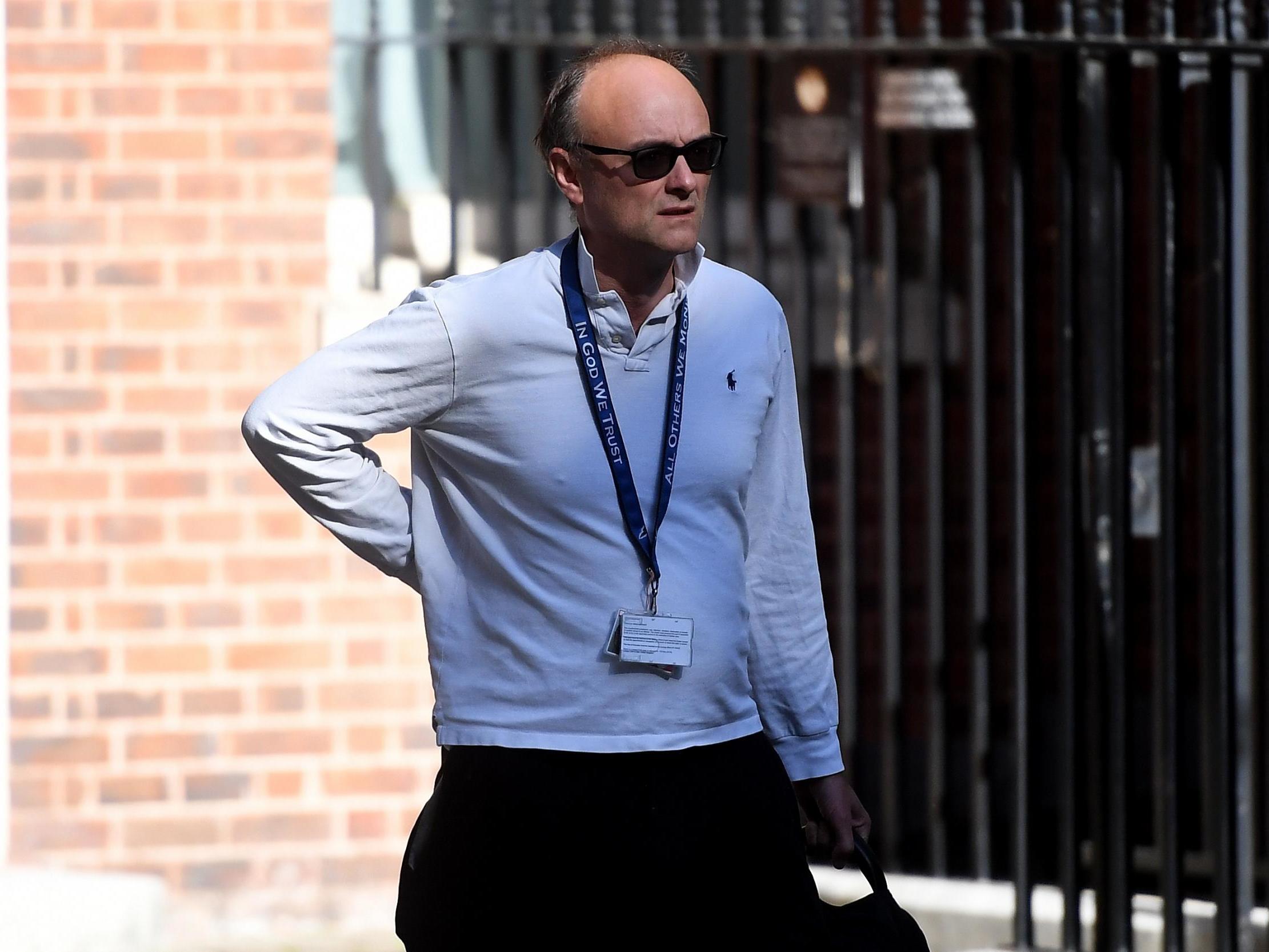Boris Johnson’s pledge to overhaul defence and foreign policy undermined by No 10 secrecy, MPs warn
Government has repeatedly been asked for clarity and transparency, and is now accused of ignoring calls

Your support helps us to tell the story
From reproductive rights to climate change to Big Tech, The Independent is on the ground when the story is developing. Whether it's investigating the financials of Elon Musk's pro-Trump PAC or producing our latest documentary, 'The A Word', which shines a light on the American women fighting for reproductive rights, we know how important it is to parse out the facts from the messaging.
At such a critical moment in US history, we need reporters on the ground. Your donation allows us to keep sending journalists to speak to both sides of the story.
The Independent is trusted by Americans across the entire political spectrum. And unlike many other quality news outlets, we choose not to lock Americans out of our reporting and analysis with paywalls. We believe quality journalism should be available to everyone, paid for by those who can afford it.
Your support makes all the difference.The government has failed to offer transparency and clarity to parliament and public about a major defence review which Downing Street itself has described as “the most comprehensive since the end of the Cold War”, a Commons report has charged.
The MPs also accused No 10 of not disclosing who exactly was in charge of the Integrated Review, and of seemingly shutting out those previously involved in forming defence policy, outside analysts and stakeholders from the process.
There have been repeated claims that Dominic Cummings, Boris Johnson’s chief adviser, may take an influential role in the review especially with the impending departure of national security adviser Sir Mark Sedwill, who is also leaving his post as cabinet secretary.
Mr Cummings has taken an active interest in defence and security matters. It was recently revealed that he is due to meet military personnel, including those from the SAS and SBS, defence intelligence officials and senior staff from the scientific laboratories, at Porton Down. He has already visited, it is believed, the headquarters of MI6 and MI5.
In the report In Search of Strategy – The 2020 Integrated Review, the Defence Committee called on “the government to identify the key players leading the Integrated Review and to clarify the role of the prime minister, cabinet ministers and advisers. Additionally, the report highlights the need to consult external stakeholders, especially those who were involved in previous policy reviews.”
Mr Cummings is said to have his eyes set on “reforming” the defence sector. During a recent appearance before the committee by General Sir Nick Carter, the chief of defence staff, the Tory MP Mark Francois warned: “Can we just make a plea to you? You are the professional head of the armed forces. Please nip back to the department and ask them to sort their bloody selves out because if not Cummings is going to come down and sort you out his own way and you won’t like it.”
The Defence Committee wanted to stress that other parliamentary committees were also concerned about lack of scrutiny over the review.
The committee’s chair Tobias Ellwood said: “The Defence Committee, alongside colleagues in the Foreign Affairs and International Development Committees, have repeatedly called for clarity and transparency from the government. These calls have, at times, been left unanswered. A number of unknowns remain, including the key players at the heart of the review. A policy review of this importance should not take place behind closed doors.
“No 10 has described the Integrated Review as the most comprehensive policy review since the end of the Cold War. However, we are concerned that the gap between this expectation and reality is widening. The prime purpose of the Integrated Review must be to ensure our defence posture is upgraded to match emerging threats and protect our developing interests.”
Failure to address the problems will mean an opportunity lost, say the MPs, to make a realistic assessment of the UK’s strengths and weaknesses in a post-Brexit future in an uncertain international landscape.
“The Integrated Review presents a rare opportunity to conduct a holistic assessment of the effectiveness of the UK’s security, defence, foreign and development policy,” said Mr Ellwood.
“As we reorient ourselves on the world stage, and react to significant geopolitical shifts in power, we must make an honest assessment of our country’s strengths and weaknesses, using this to inform our strategy going forward. Decisions must be made based on a clear view of the world and a detailed vision for the UK’s role within it, rather than short-term economic considerations”.
The committee said there was a need for “strong political leadership and strategic analysis” to formulate the UK’s defence policy and there should be “a thorough assessment of the economic, diplomatic and military activities and the internal political dynamics of hostile foreign states, such as Russia and China”.
Join our commenting forum
Join thought-provoking conversations, follow other Independent readers and see their replies
Comments